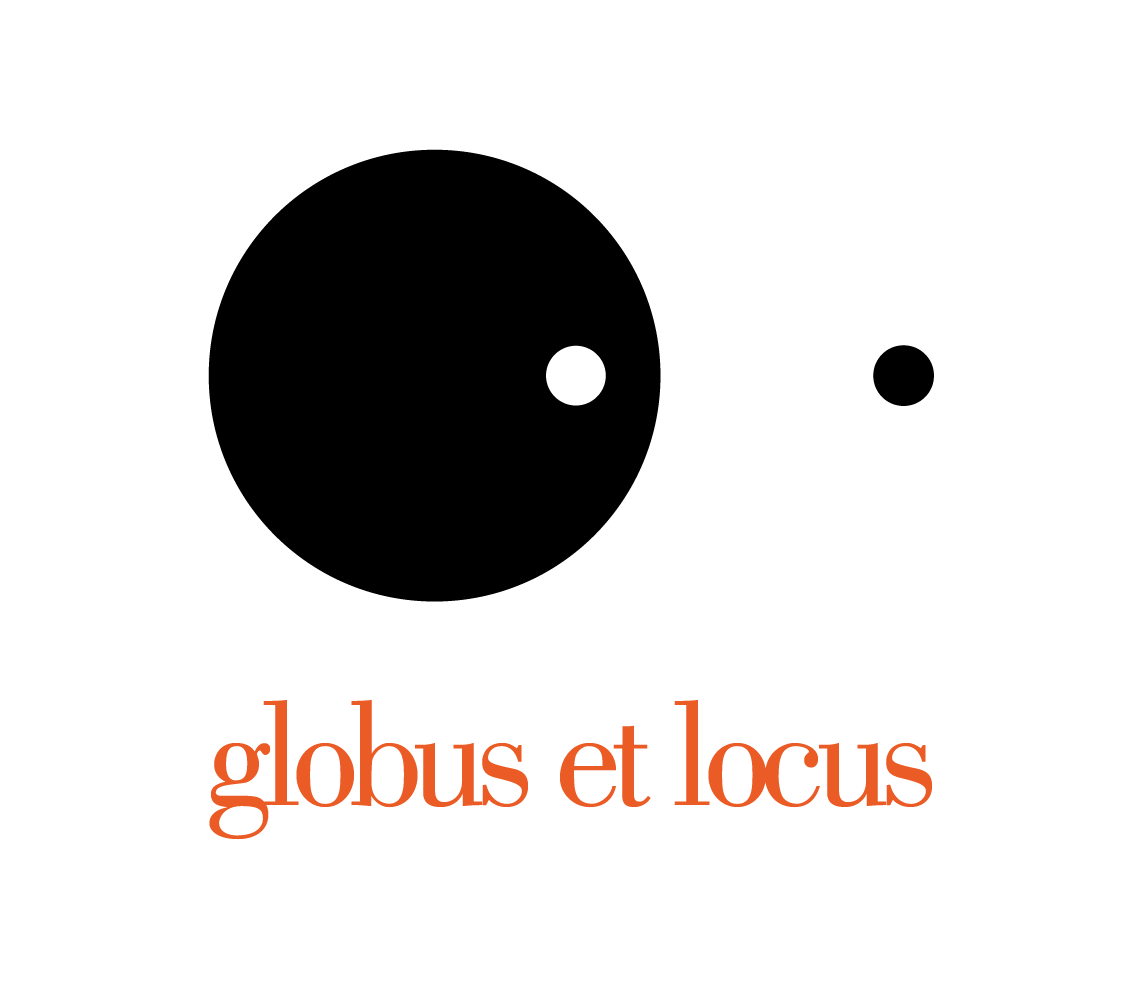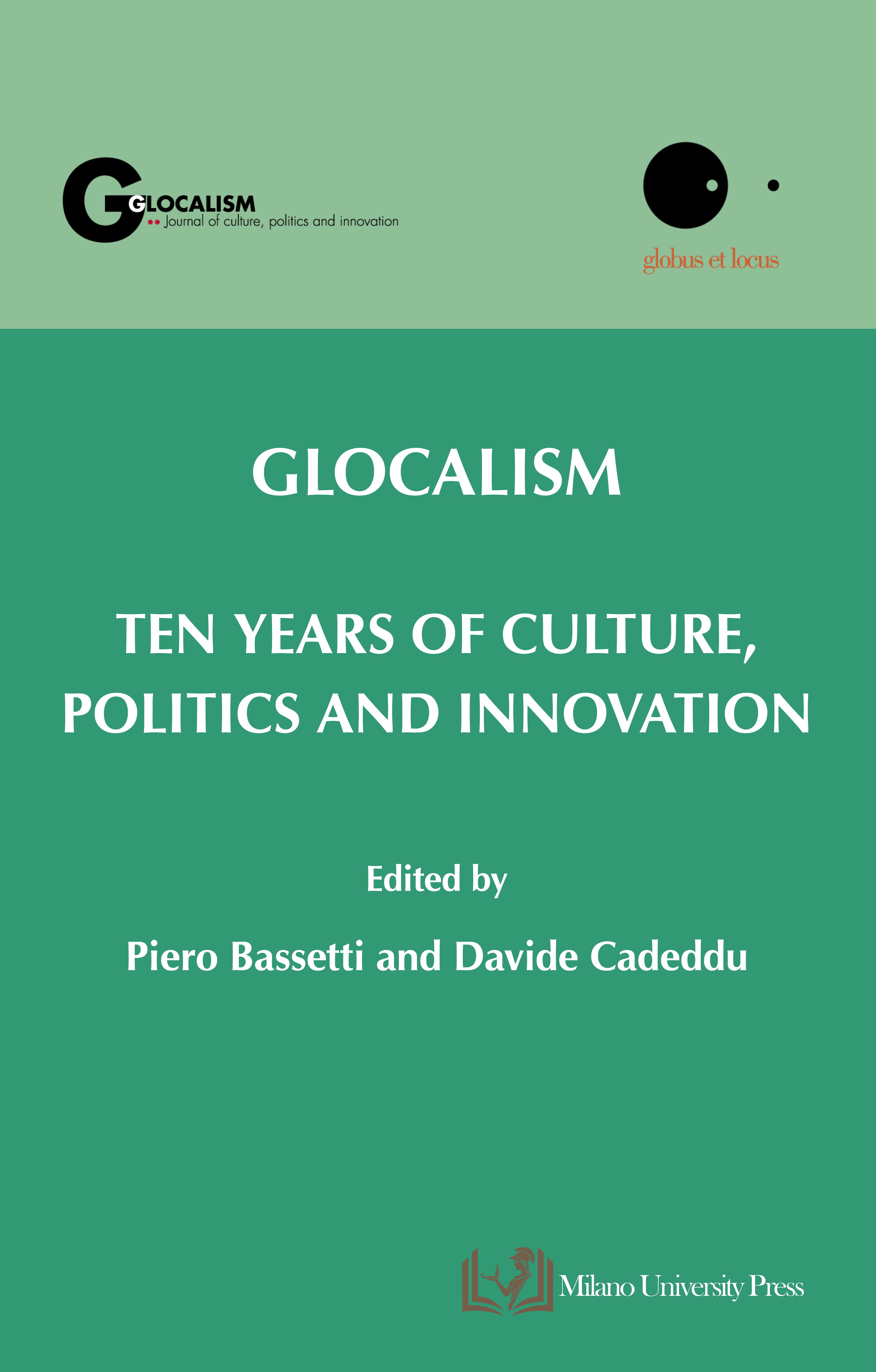Mapping the Glocal Turn: Literature Streams, Scholarship Clusters and Debates
DOI:
https://doi.org/10.12893/gjcpi.2015.3.1Keywords:
glocalisation, geographical, social, hybridization, homogenizationAbstract
Based on a bibliographical survey, this article presents evidence of a silent glocal turn in 21st century academia. Several terms compete for describing the newfound situations of hybridity and fusion in the world, and glocalization is a new term that offers a high level of precision in comparison to other contenders. Three specific clusters of inter-disciplinary scholarship are identified as cutting edge areas of research: the study of consumer culture, the field of urban studies and the study of management and/or organizations. Within these areas, glocalization is employed in varied and often contested ways according to specific research agendas. Glocalization thus has become a contested term. The article identifies and describes three debates that involve contrasting appropriations of glocalization. First, there is a contrast between geographical and social interpretations of glocalization, which in turn are based on contrasting definitions of space (geographical versus social). Second, there is a debate over the extent to which glocalization is sufficiently incorporated into global studies, or whether glocal studies should be defined separately from global studies. Third, there is a contrast between homogenization versus hybridization advocates in cross-cultural management and the social sciences. Although often cast as a conflict between proponents of globalization versus proponents of glocalization, this particular debate might be transcended in favor of more inclusive perspectives that suggest a “both/end” solution over an “either/or” interpretation of the opposing views. Glocalization is a recent addition to the vocabulary of 21st century humanities and social sciences. Its employment is also part of a broader wave of interest in the glocal that is not contained within these fields but, rather, extends further into information-communication technology (ICT), medicine and environmental science. To mention one such example, it is not accidental that the glocal has been invoked in the context of discussions about the “participatory web” or “Web 2.0” (Boyd 2005). It is obviously impossible to address all the twists and turns within the multitude of fields that have employed the terms glocal and glocalization in the course of a single discussion. Inevitably, a full treatment is reserved for a lengthier and more in-depth discussion elsewhere (Roudometof Forthcoming). In the following, then, I restrict myself to an overview of the employment of the glocal. Although I briefly touch on the employment of glocalization in business, I nonetheless concentrate on the humanities and social sciences. The goal is to present an overview of the various bodies of literature, to identify and discuss clusters of scholarship where glocalization is among the important research foci and to offer a brief overview of emerging debates within this nascent field of study. As I have stated elsewhere (Roudometof 2015) the glocal is a new word whose origins most likely lie somewhere in the early 1990s. It stands in sharp contrast to the global, the appearance of which dates back to the late 19th or early 20th centuries. The emergence of the glocal in scholarly discourse is a feature of the post-1989 era, and its rise has been ubiquitous after the turn of the millennium.
Downloads

Downloads
Published
How to Cite
Issue
Section
License
Copyright (c) 2023 Victor Roudometof

This work is licensed under a Creative Commons Attribution-ShareAlike 4.0 International License.











